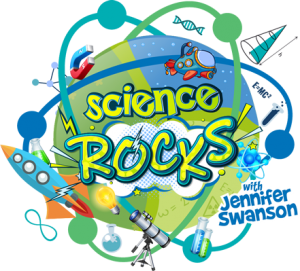Jennifer is always happy to speak to teachers about the intersection of literacy and STEM, how to excite your students about STEM, ideas for teaching nonfiction writing, and introducing students to the joys (and importance) of research. Talks can be geared to teachers at any level from K-8.
STEAMing Up Your Classroom
60 minutes
Expect a lively discussion on the exciting nature of nonfiction books. Including the role of research in nonfiction writing and ways to explore research elements with students. Participants will leave with reading lists and hands-on activities to help students embrace their natural curiosity as they fall in love with reading nonfiction. We’ll take the discussion of nonfiction to a whole, new level – complete with audience participation.
Nonfiction Writing that Jumps Off the Page
60 minutes
Voice is one of the most important tools in writing nonfiction. It is what makes topics exciting instead of boring. But how do you teach voice? With specific examples from many different award-winning nonfiction children’s books, Jennifer will break down voice into its different parts: sentence length, active words, and punctuation and give tips on how to introduce this to your students. Handout provided.
Fact or Fiction? Research REALLY Matters
60-90 minutes
Jennifer will share her tips for getting students excited about research through the use of known information that is actually untrue. The talk will include specific places to get accurate information from books, websites, and even how to interact with real scientists and engineers. She will also share her own amazing research adventures and how she was inspired to reach further and farther with her writing and her STEM topics.
Hooking Your Reader
60 minutes
Picking a topic for many students is tough and figuring out how to help them is sometimes even more difficult. But the way in which a topic is presented is one of the MOST important parts of creating a book. Jennifer will go through specific examples of ideas that she had that worked and that didn’t work. She will include a handout with a list of questions that students can ask themselves when they are preparing to pick their topic.
Having FUN with revision!
60 min.
For students, revision is not a fun part of the process, and yet it is a very important part of the process. How do professional authors handle the back and forth from their editors without getting discouraged? Specific tips on how to handle the revision process to include working in pairs, reading aloud, and tricks that authors use to make specified word count, vocabulary level, and deadlines. Interactive participation for this workshop encouraged.






